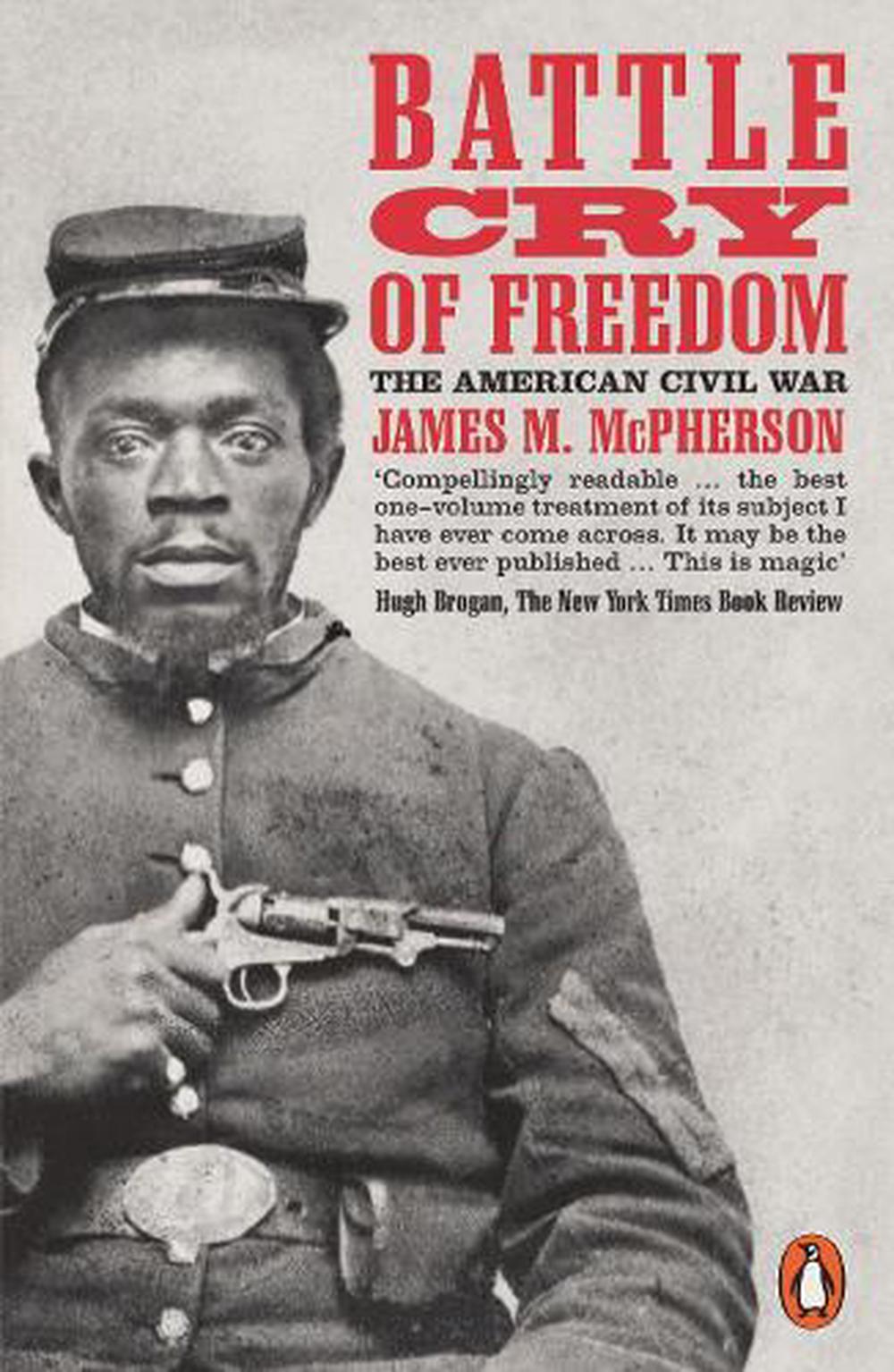


It does seem as if the South was given many advantages in the sectional struggle that allowed it to dominate the national political scene-consider how many presidents and congressional leaders came from the South in proportion to the respective populations of citizens in the two regions (presumably the South similarly dominated the federal judiciary as well). I’d also like to more in general about the dynamics between the South and the North. But I need to know more about the several generations between the Revolutionary War and the Mexican War. I remember Alan Taylor’s excellent treatment of the establishment and expansion of slavery in his book, American Colonies. I wonder, though, about the basic issue of slavery in the US-I’d like to know about how the practice in that context developed and what were some of the key elements of the conflict that by 1848 had the US in a state of great tension. We start with the end of the US war against Mexico in the mid-1840s and a discussion of how that war fed into the dynamics that led to the Civil War. (1) More context would have been helpful. The beginning of the book feels a bit abrupt. Some thoughts upon reading Battle Cry of Freedom I suspect the deeper my antipathy toward the Confederacy, the more complicated it will be to argue against the value of CW-there is a grim satisfaction to be had in seeing the slave society get its comeuppance. But I expect that my condemnation will get ever stronger. Of course, I obviously need to learn more. Not because McPherson directly insists on condemnation but because he quite effectively simply lays out the historical details. Nonetheless, I feel after reading this book I am more condemning of the Confederate cause than I even was before. I didn’t get a lot of direct guidance for my assessment of the CW’s moral legacy-partly because the narrative ends abruptly in 1865 so there is not concluding analysis of the CW and its impact, and partly because McPherson strives mainly to describe the events and people with little evaluation beyond what was effective (or not) in the prosecution of the war. I also want to note in these preliminary comments that McPherson’s agenda was quite a bit different than mine. I should say that I have read a number of essays by McPherson, mainly in the New York Review of Books, so I already had a pretty positive impression of his abilities and perspectives. I find it difficult to imaging that my positive assessment will waver much, though. I look forward to in the future looking back at this book with much deeper and wider knowledge based on my upcoming reading. The negative impression comes simply from the description of how time after time Davis supported morally problematic practices and ideals. Conversely, he has a low regard for Jefferson Davis-though he is admirably calm and descriptive about Davis. He greatly admires Abraham Lincoln, but he gives us enough information to help us form our own opinions of this central character. He clearly writes as a “Yankee,” but I don’t think his tone is at all hostile toward the Confederates. I found McPherson to be careful and respectful in his many descriptions of people and events (albeit, I grant that at this point I am just beginning my reading about the Civil War so I don’t have a lot to compare it to). It actually does feel like a coherent volume (unlike many other long historical surveys), even though it is long enough to be broken into three volumes. Though obviously McPherson has to leave a lot out, the book is comprehensive. The writing is straightforward and lively. Though it is 30 years old now, it still seems pretty vital and authoritative.

I can see why this book has such a high reputation as the best one-volume history. James McPherson, Battle Cry of Freedom: The Civil War Era Oxford University Press, 1988. I will start with this post that responds to what seems to be considered the go-to one volume history of the CW itself. As I read these books, I will write blog posts reflecting on some of the things I am learning-both from the books themselves and from my on-going reflections. The first step will be to read a number of the standard accounts of the CW and its historical context. [I have started a long-term reading and writing project to try to understand the American Civil War (CW), especially in terms of its moral legacy (here’s an introduction to this project).


 0 kommentar(er)
0 kommentar(er)
